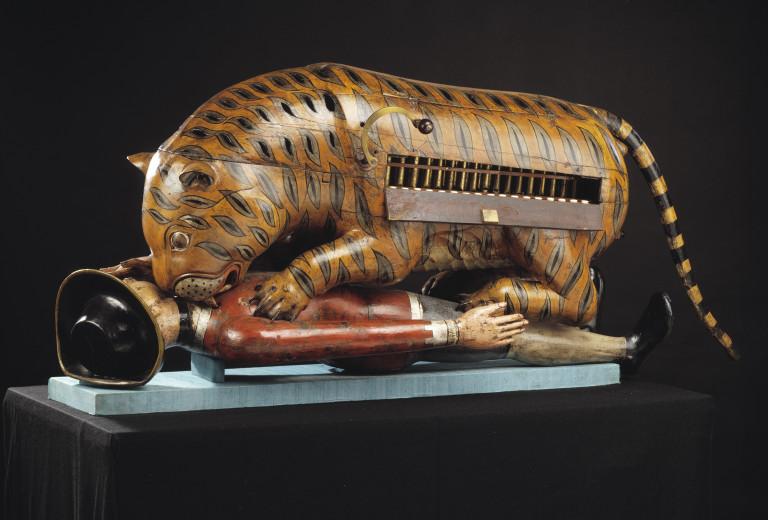The Global South From 1750 to the Present Day

This outline paper takes as its focus the history of the ‘Global South’, concentrating on the regions of South Asia and Africa. Our use of the category of the Global South foregrounds especially a shared history of colonialism and, relatedly, contemporary global capitalism. We are particularly concerned to construct historical narratives that emphasise what African and South Asian peoples thought and did in their engagement and interaction with forms of modern imperialism from the middle of the eighteenth century onwards. In this way students will gain an understanding of the diversity and complexity of these histories and avoid essentialising historical experience. The paper aims to introduce students to key theoretical debates and historical discussions about the emergence of the Global South from a perspective based in specialist studies of the regions concerned, whilst simultaneously developing comparative insights and emphasising south-south exchanges. It seeks to transcend the nation state as a unit of analysis by studying the workings of economic and political power across and between colonial and postcolonial worlds.
The structure of the paper is simultaneously chronological and thematic. Each week addresses a specific theme in the field, which is covered by one lecture each on South Asia and Africa, but other regions (such as Latin America) may be included in the lecture content if relevant and appropriate. Using case studies, lecturers draw connections and explain contrasts between the two regions, ensuring that the paper does not devolve into two parallel strands. Weekly themes introduce students to important political, social, cultural, intellectual, environmental and economic approaches to the history of the Global South. Supervision essays and non-essay activities are closely tied to the lecture topics, to ensure full engagement with the themes of the paper and appropriate regional coverage. We aim to give students an overview of the history and consequences of colonialism as well as a grounding in the specific histories of South Asia and Africa, which can be further developed in later years of the Tripos.
Image: Tipu's Tiger, an 18th-century automata with its keyboard visible. Victoria and Albert Museum, London.
